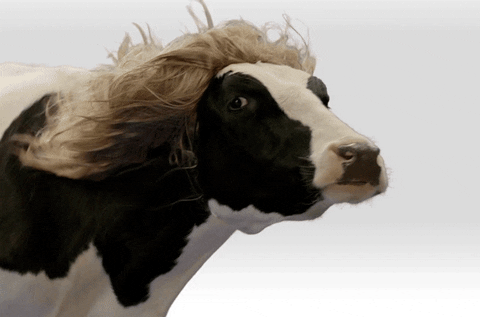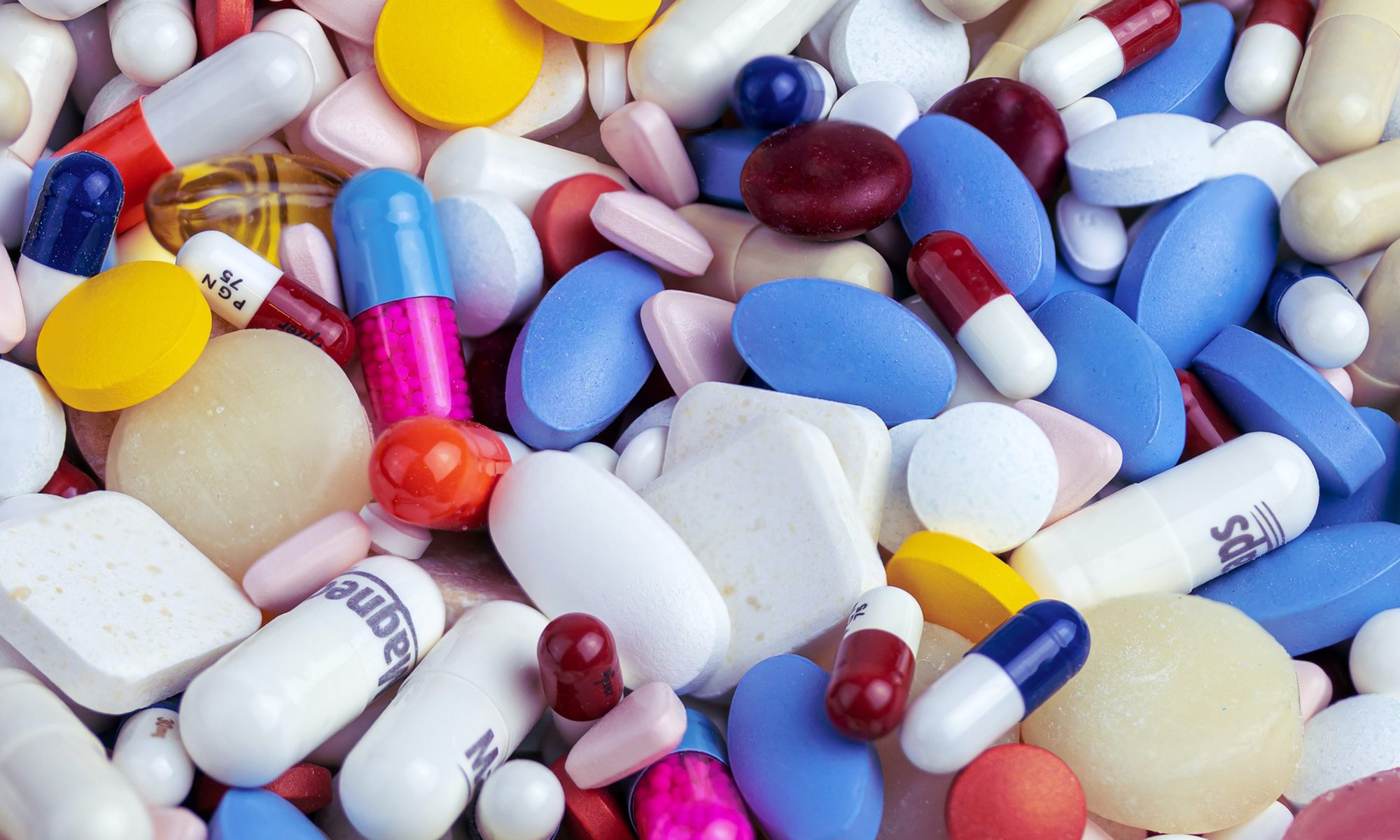Hello and welcome back.
[insert cheesy May the fourth joke here]
Now that that’s out of the way, let’s dive right in.
Here’s what’s in store for you in today’s issue:
🍄 How to have a safe solo trip
🍄 COMPASS Pathways’ latest findings
🍄 Canada’s largest psilocybin facility
🍄 Psilocybin churches in Oregon
🍄 And more.

|
How to have a safe solo trip
Psilo Psoirée is an online community that allows psychedelic explorers to connect before and after their journeys.
With a monthly membership, you’ll receive:
- A super informative guide on how to have a safe solo trip
- Access to monthly pre-journey “lift-off” and post-journey “landing” calls
- Support on all things mushroom – from navigating a spiritual awakening to DIY mushroom cultivation

COMPASS announces new psilocybin therapy findings
New studies suggest that COMPASS Pathways’ proprietary psilocybin has promise in treating some of the most challenging mental health conditions: severe treatment-resistant depression and anorexia nervosa.
After a single dose of psilocybin, 58.3% of patients with severe treatment-resistant depression (meaning they’d tried 5+ antidepressant treatments without success) had a reduction in depression scores for 12 weeks.
One quarter of patients no longer qualified for a depression diagnosis.
In the anorexia study, 30% of patients had significant reductions in symptoms at the 1-month follow up, increasing to 40% at the 3-month follow up.
Participate in psychedelic research
If you’ve been wanting to try psychedelic therapy legally, now’s your chance!
Johns Hopkins is recruiting participants for a number of psilocybin studies on:
Plus, Nova Mentis is recruiting both autisitc and neurotypical patients for an observational study that will lead to a psilocybin microdosing study.
If you want to contribute to psychedelic research from home, check out Johns Hopkins’ online surveys on psychedelics and breathwork for anxiety, depression, and PTSD.
|

Field Trip Health (FTRP) is separating into two independent public companies. Its drug discovery division will become Reunion Neuroscience Inc. and its client care division will be renamed Field Trip Health and Wellness Ltd. The separation allows each company to establish distinct capital structures and management teams that are suited to their unique strategies.
|
|
Optimi Health (OPTI) opened the largest psilocybin cultivation facility in Canada and received approval to increase its production limit to 5000kg of dried psilocybin mushrooms. An in-person and virtual tour will be showcased on May 27.
Awakn Life Sciences (AWKN) reported Q4 financial results including $204,300 in revenue, up 544% quarter over quarter.
Wesana Health (WESA) announced Q4 financial results including $6.6M in cash. The company is opening its third clinic this month in Illinois.

Psilocybin churches in Oregon?
Attorney Jon Dennis submitted a proposal to Oregon’s advisory board that would allow spiritual and religious groups to become licensed as psilocybin service centers and hold group ceremonies.
Ballot measures proposed in WA
A ballot measure was proposed in Washington state to decriminalize all drugs and direct $141M of funding per year toward substance use treatment and prevention.
A separate ballot measure to legalize psilocybin services was also proposed recently.
The measures will be added to the November ballot if enough signatures are gathered!
|
|
You’re all caught up! See you next Wednesday
|









 Why the UK is becoming a psychedelic hotspot
Why the UK is becoming a psychedelic hotspot sustainable
sustainable


